Who Is Ricky Bell Football Player? His Leagues Statistics & History
Ricky Bell was an American pro football player who played running back for the National Football League’s Tampa Bay San Diego and Buccaneers Chargers. He is a talented player, but he didn’t contribute to the football league for long.
Let’s find out why with Scott Fujita!
Contents
Timeline
Ricky Bell Football Player.
Ricky Bell, how good was he? The Tampa Bay Buccaneers picked Bell as the first player in the 1977 NFL draft. Tony Dorsett, who went on to have a Hall-of-Fame career with the Dallas Cowboys, was selected slightly ahead of the running back out of USC.
View more about Jim Brown
A club renowned for its 26-game losing run, Bell was selected, whereas a well-established franchise chose Dorsett. It’s difficult to judge how successful Bell’s NFL career would have been because he died at the age of 29 from heart failure caused by the condition dermatomyositis.
| Time | Event |
| 1955 | Ricky Lynn Bell (April 8, 1955 – November 28, 1984) was an American professional football player who played running back for the National Football League’s Tampa Bay Buccaneers and San Diego Chargers. Bell was a standout in college, running for 1,875 yards in his junior season for the University of Southern California. Bell was the first overall pick in the 1977 NFL Draft and was inducted into the College Football Hall of Fame posthumously in 2004. |
| 1955 – 1960 | Bell was the younger brother of Archie Bell, the main vocalist of Archie Bell and the Drells, a 1960s R&B group. |
| 1960 – 1974 | Bell, a former linebacker, first gained attention as a great blocker and between-the-tackles runner during his sophomore season at USC in 1974, when he shared the position of fullback with David Farmer on the 10–1–1 national championship team (UPI) that defeated third-ranked Ohio State 18–17 in the Rose Bowl on New Year’s Day. |
| 1974 – 1975 | The Trojans won their first seven games in 1975. They battled to an 8–4 record without a passing game to balance the offense, but it was highlighted with a victory over Texas A&M in the Liberty Bowl.
Bell won third in Heisman Trophy voting and was a unanimous All-American this season, leading the country in running with 1,875 yards. He also placed third in Heisman Trophy voting and was a consensus All-American. |
| 1975 – 1976 | In 1976, Bell was named Pacific-8 Conference Player of the Year. He was also named a consensus All-American and received the W.J. Voit Memorial Trophy as the best football player on the Pacific Coast in 1976.
Then, in his senior year of 1976, Bell led the Trojans to an 11–1 record, which included a 14–6 Rose Bowl victory over the Michigan Wolverines. Despite persistent ailments that restricted his playing time, Bell established a new USC single-game running record of 347 yards against Washington State at the new Kingdom, and he finished second in the Heisman Trophy voting to Pittsburgh’s Tony Dorsett. |
| 1976 – 1977 | Bell was taken first overall in the 1977 NFL Draft by the Tampa Bay Buccaneers, who were winless in their inaugural season in 1976. Bell reportedly accepted a five-year deal worth $1.2 million, making it the biggest contract ever signed by an NFL rookie.
This was a contentious pick since Tony Dorsett was seen as a potentially superior running back to Bell. Bell’s decision was not surprising, though, considering Tampa Bay is coached by John McKay, who was Bell’s head coach at USC from 1975 to 1977. After a pair of lackluster seasons, Bell had his best year in 1979, running for 1,263 yards and led the Buccaneers to the NFC Central Division title. He rushed for 142 yards on 38 rushes and two touchdowns against the Philadelphia Eagles, leading the Buccaneers to their first postseason triumph in team history. The squad missed out on a trip to Super Bowl XIV by one game, losing the NFC championship game to the Los Angeles Rams. |
| 1977 – 1982 | McKay traded him to the San Diego Chargers in March 1982, but he resigned before the 1983 season due to weight loss, hurting muscles, and severe skin problems. |
| 1982 – 1991 | Bell died of heart failure caused by dermatomyositis at the age of 29. A Triumph of the Heart: The Ricky Bell Story, a 1991 made-for-television film based on the life of Ricky Bell football player, starred Mario Van Peebles as the athlete. Bell was laid to rest in Inglewood Park Cemetery in Inglewood, California. |
College Football Career
He Reunited With John McKay In The NFL
Ricky Bell began his career as a linebacker before switching to fullback during his sophomore season at USC. During his second season with the squad in 1974, he only carried the ball 45 times.
Bell took over as USC’s starting running back in his junior year and went on to have two tremendous seasons, both of which saw him finish in the top three in the Heisman Trophy vote.
In the 1977 NFL Draft, Ricky Bell was the first player chosen. The USC running back was selected by the Tampa Bay Buccaneers, reuniting Bell with his college football coach, John McKay.
Bell led the country as a junior at USC, accumulating 1,957 yards and finishing third in Heisman Trophy voting. Bell’s final year with the Trojans saw them go 11-1 and win the Rose Bowl 14-6 over Michigan.
Bell managed to amass 1,433 yards and 14 touchdowns despite dealing with chronic ailments. Bell came in second to Pittsburgh’s Tony Dorsett in the Heisman Trophy voting.
View more: Best running backs of all time
Short-Lived NFL Career
When He Was Young.
While Tony Dorsett was the frontrunner to be selected first overall in the 1977 NFL draft, Tampa Bay Buccaneers coach John McKay chose Bell, a former USC great.
Dorsett was subsequently traded to the Dallas Cowboys, who moved up to the No. 2 slot by trading their first-round pick and three second-round choices to the Seattle Seahawks. Tampa Bay had a 0-14 record in its debut year as an expansion franchise.
After dropping their first 12 games of the 1977 season, the Buccaneers went on a 26-game losing run. After two disappointing seasons, Bell burst into the scene in 1979, running for 1,263 yards and seven touchdowns.
Bell was an important factor in the rebuilding of the Tampa Bay Buccaneers. The Bucs won the NFC Central Division and advanced to the playoffs for the first time in 1979, defeating the Philadelphia Eagles.
Bell carried for 142 yards in that contest. The Los Angeles Rams defeated the Buccaneers in the NFC championship game. During the 1982 strike-shortened season, Bell was dealt with by the San Diego Chargers.
During the strike, Bell retired due to dermatomyositis, a rare autoimmune illness marked by a rash and muscular weakness. According to the Lakeland Ledger, doctors indicated he might have had the condition for up to ten years before being diagnosed.
His Final Days
His Final Image.
Dermatomyositis has no recognized origin, although Bell had lesions and weight loss due to it. Bell died of cardiomyopathy, a severe muscle illness affecting the heart, which prompted a heart attack.
His dermatomyositis was linked to his cardiomyopathy. “It’s a condition in which the arteries and muscles are attacked, and it may be begun or provoked by a virus,” Dr. Allan Metzger, who treated Bell during his final year, told the Los Angeles Times.
“The muscles become inflamed, resulting in severe weakness. The blood vessels in your skin become extremely irritated, preventing you from moving your muscles. The weight loss is due to the body’s attempt to combat the sickness.” According to Metzger, only around 5% of dermatomyositis have heart disease as severe as Bell’s.
Bell, a former All-American athlete, couldn’t play with his small daughter after retiring because he was too tired.
“Can you picture sleeping with an oxygen machine, then waking up, carrying your young child to the vehicle, and being completely spent when you used to be able to run 10 to 15 miles a day?” his wife Natalia told the Los Angeles Times.
Bell never mentioned his troubles to anybody. He didn’t want anyone to feel sorry for him. He approached life as if it were a game, going all out to the finish.
Final Thoughts
If you find this article about Ricky Bell satisfactory, please let us know at Scott Fujita. Also, we have a lot more sports news on our up-to-date pages; check it out and enjoy!
Thanks for reading!

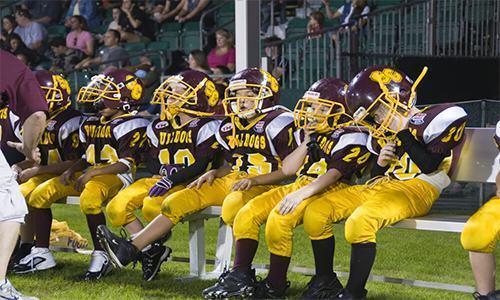
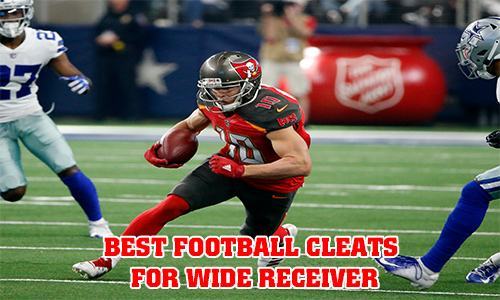
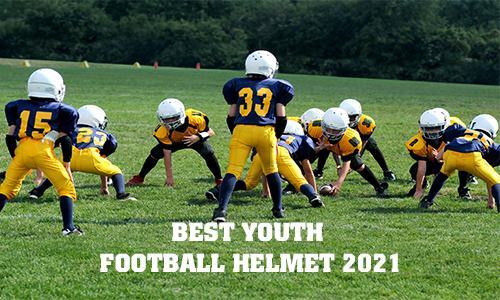
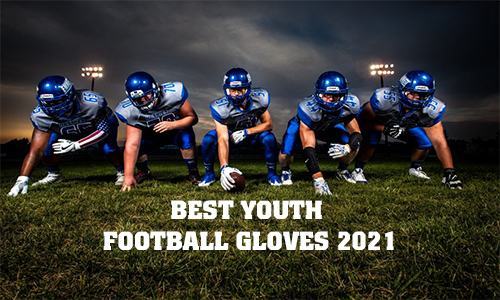
![[Top Rated] 10 best football gloves with best grip 2025 5 best football gloves 2021](https://www.scottfujita.com/wp-content/uploads/2021/03/best-football-gloves-2021.jpg)
![[Lastest Update] Top 10 Best Soccer Cleats For Kids 2025 6 Best soccer cleats for kids scott fujita](https://www.scottfujita.com/wp-content/uploads/2021/03/Best-soccer-cleats-for-kids-scott-fujita.jpg)

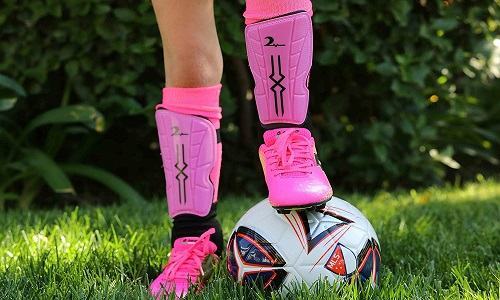

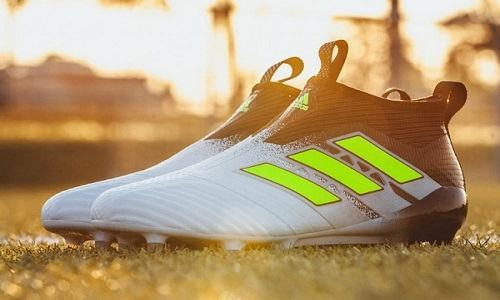
![[Top-Rated] The Best Basketball Shoes For Ankle Support 2025 11 best basketball shoes for ankle support scottfujita](https://www.scottfujita.com/wp-content/uploads/2021/07/best-basketball-shoes-for-ankle-support-scottfujita.jpg)

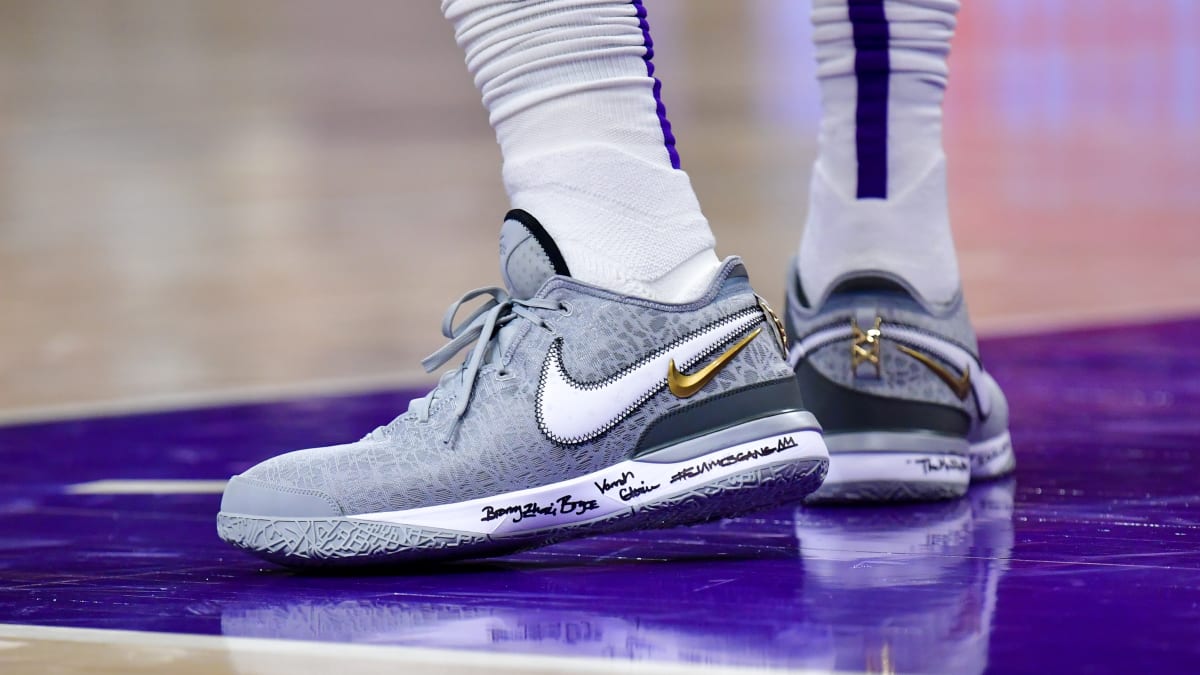

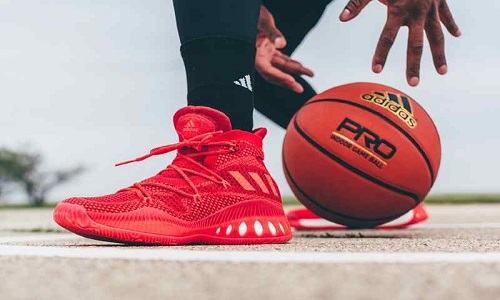
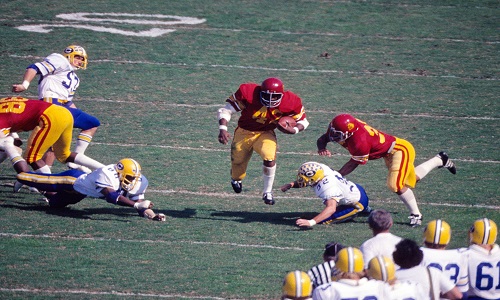
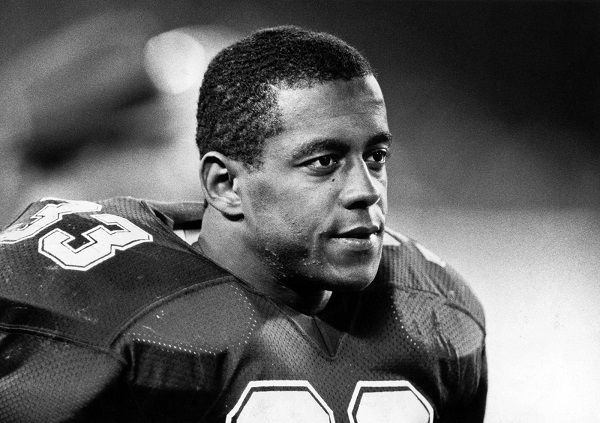
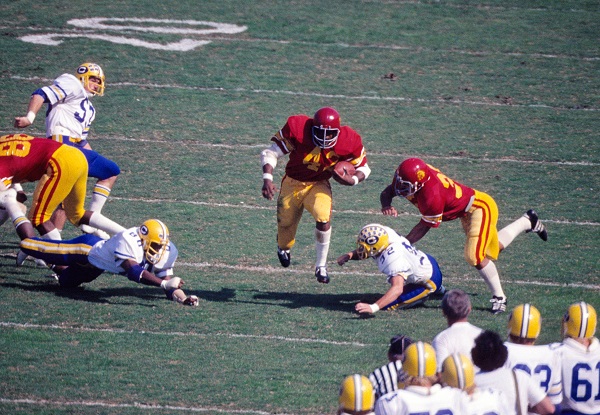
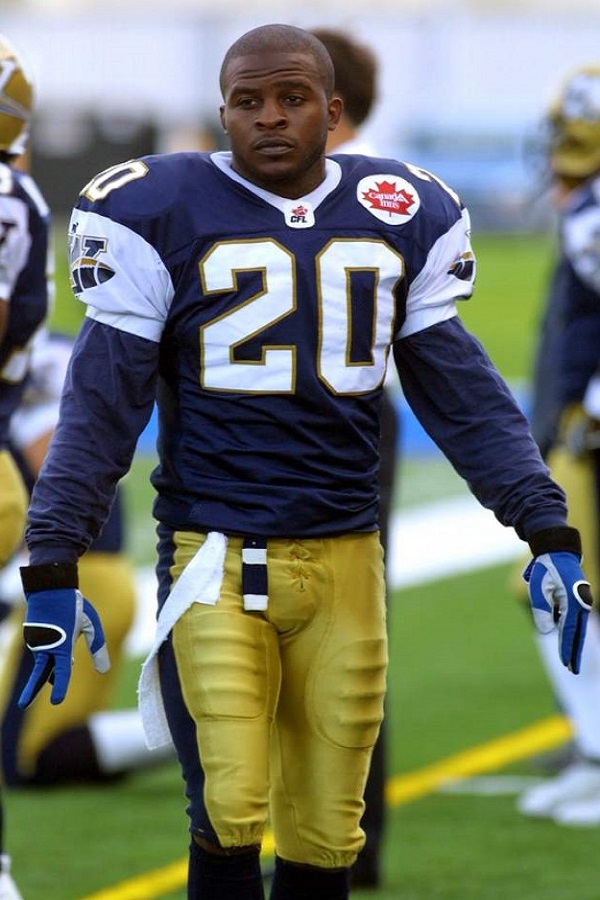
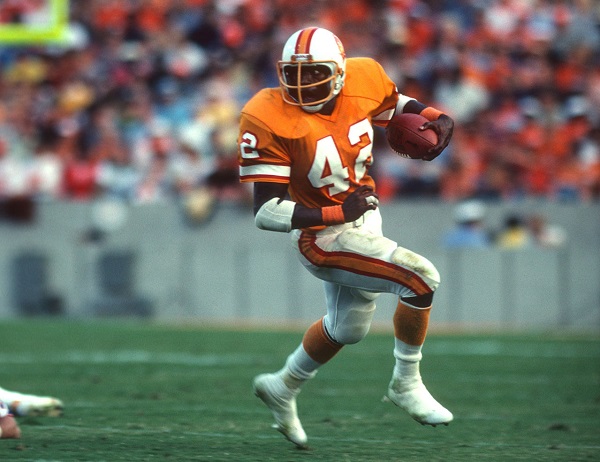
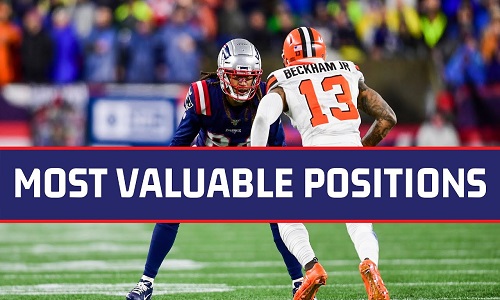
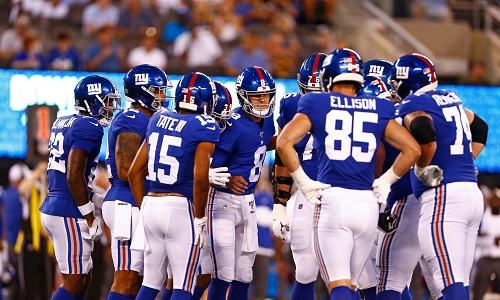
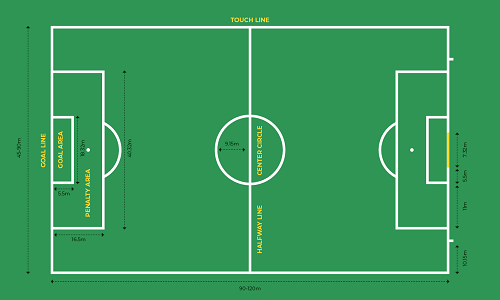
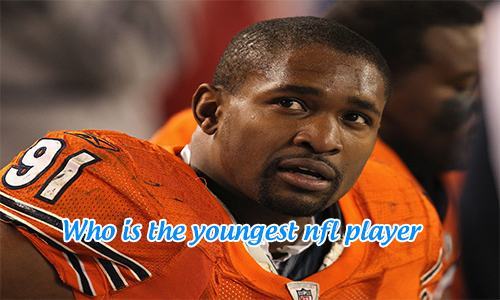
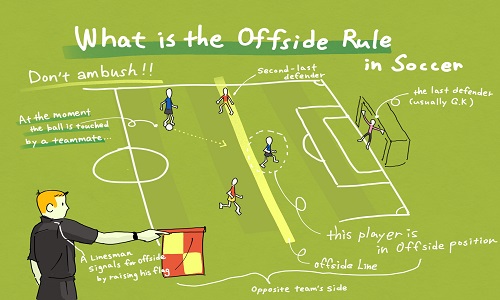
![What Are The 5 Positions In Basketball? [And Their Roles] 35 what are the 5 positions in basketball scottfujita](https://www.scottfujita.com/wp-content/uploads/2021/10/what-are-the-5-positions-in-basketball-scottfujita.jpg)
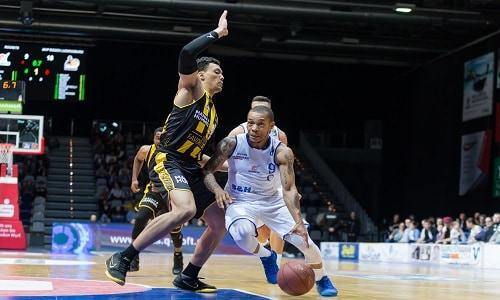
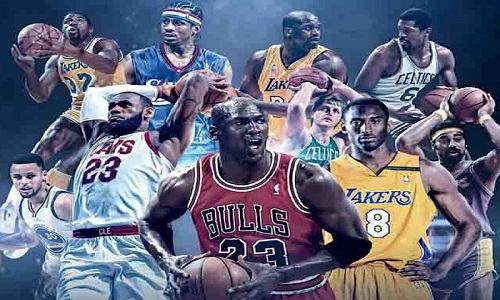
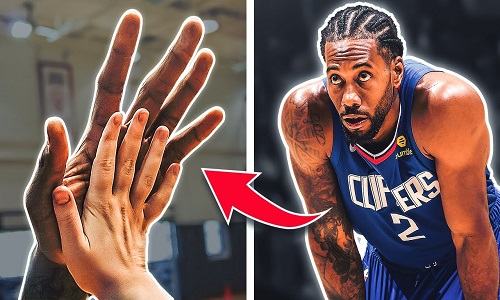
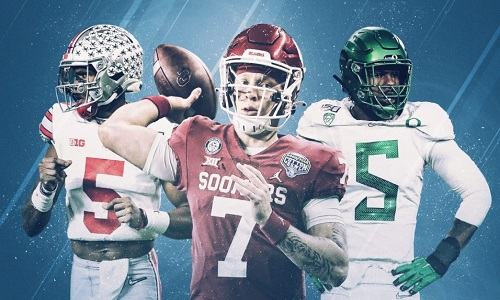

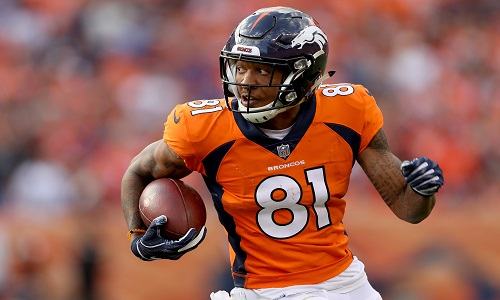
![Top 10 Best NBA Centers Of All Time [2024 Updated] 42 best nba centers of all time scottfujita](https://www.scottfujita.com/wp-content/uploads/2021/12/best-nba-centers-of-all-time-scottfujita.jpg)
![The Best Football Mouthguard 2024 [Reviewed & Compared] 43 best football mouthguard scottfujita](https://www.scottfujita.com/wp-content/uploads/2021/10/best-football-mouthguard-scottfujita.jpg)